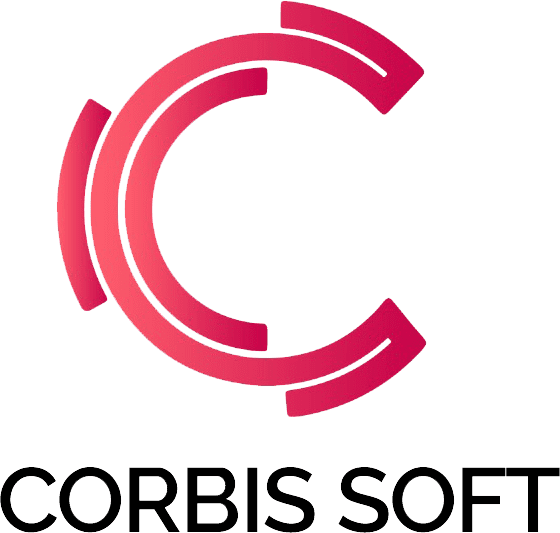

Introduction:
In the dynamic landscape of the agricultural industry, feed mills play a crucial role in ensuring the health and productivity of livestock. Managing a feed mill involves intricate processes, from ingredient procurement to production and distribution. To streamline these operations and enhance overall efficiency, Feed Mills are increasingly turning to Enterprise Resource Planning (ERP) solutions. This comprehensive guide aims to delve into the world of ERP solutions tailored for Feed Mills Management, exploring their benefits, key features, and how they can revolutionize the way feed mills operate.
Understanding ERP Solutions:
Enterprise Resource Planning (ERP) is a suite of integrated software applications that facilitate the seamless flow of information across various departments within an organization. For feed mills, ERP solutions are designed to address the complexities of managing raw materials, production, inventory, quality control, and distribution. By centralizing data and automating processes, ERP systems empower feed mill operators to make informed decisions and optimize their entire supply chain.
Key Benefits of ERP for Feed Mills:
Enhanced Efficiency and Productivity:
ERP solutions streamline and automate manual processes, reducing the likelihood of errors and accelerating tasks such as inventory management, order processing, and production planning. This efficiency translates into increased productivity and a more streamlined operation.
Inventory Management and Traceability:
ERP systems provide real-time visibility into inventory levels, enabling feed mill managers to maintain optimal stock levels, reduce wastage, and avoid stockouts. Traceability features allow tracking of ingredients and finished products, ensuring compliance with regulations and quick response to recalls if necessary.
Cost Control and Financial Management:
ERP solutions enable accurate cost tracking throughout the production process. By integrating financial modules, feed mills can monitor costs associated with raw materials, production, and distribution, leading to better financial control and decision-making.
Quality Assurance and Compliance:
Ensuring the quality and safety of animal feed is paramount. ERP solutions include modules for quality control and compliance management, helping feed mills adhere to industry standards and regulations. This reduces the risk of product recalls and strengthens the brand’s reputation.
Data-driven Decision Making:
With a centralized database, ERP solutions provide feed mill managers with comprehensive and real-time insights into their operations. Data analytics tools help in making informed decisions, optimizing processes, and identifying areas for improvement.
Supply Chain Optimization:
ERP systems optimize the entire supply chain by providing visibility into every stage of production and distribution. This leads to better coordination with suppliers, reduced lead times, and improved overall supply chain efficiency.
Key Features of ERP Solutions for Feed Mills:
Batch Formulation and Production Planning:
ERP systems for feed mills include modules for batch formulation, enabling precise control over ingredient quantities and production processes. Advanced planning tools help in optimizing production schedules and resource allocation.
Integrated Quality Control:
Quality control modules within ERP solutions allow feed mills to set and monitor quality parameters at every stage of production. This ensures the consistency and safety of the final product.
Inventory and Warehouse Management:
Efficient inventory and warehouse management features help in maintaining optimal stock levels, reducing carrying costs, and minimizing the risk of stockouts. Automated reorder points and real-time tracking enhance overall inventory control.
Regulatory Compliance:
ERP solutions assist feed mills in adhering to industry regulations and standards. They provide tools for documentation, reporting, and audit trails to ensure compliance with local and international regulatory requirements.
Customer Relationship Management (CRM):
CRM modules in ERP systems help feed mills manage customer relationships, track orders, and provide better customer service. This leads to improved customer satisfaction and loyalty.
Data Analytics and Reporting:
Robust reporting and analytics tools empower feed mill managers to extract valuable insights from their data. Customizable reports help in monitoring key performance indicators, identifying trends, and making data-driven decisions.
Implementation Considerations:
Implementing an ERP solution is a significant undertaking that requires careful planning and execution. Here are some key considerations for feed mills:
Vendor Selection:
Choose an ERP vendor with expertise in the agricultural and feed industry. Look for a solution that aligns with the specific needs and scale of your feed mill.
Customization and Scalability:
Ensure that the ERP solution can be tailored to meet the unique requirements of your feed mill. Additionally, consider the scalability of the system to accommodate future growth.
User Training and Support:
Comprehensive training for users is essential for successful ERP implementation. Additionally, ensure that the chosen vendor provides adequate support and maintenance services.
Integration with Existing Systems:
Assess the compatibility of the ERP solution with existing systems, such as accounting software, to facilitate a smooth integration process.
Data Security and Compliance:
Prioritize data security and compliance with industry regulations. Choose an ERP solution that employs robust security measures and supports data privacy requirements.
Conclusion:
In conclusion, Enterprise Resource Planning (ERP) solutions offer a transformative approach to managing feed mills. By centralizing data, automating processes, and providing real-time insights, ERP systems empower feed mill operators to enhance efficiency, ensure quality, and optimize their entire supply chain. The careful selection and implementation of an ERP solution can position feed mills for long-term success in an ever-evolving agricultural landscape. As the industry continues to embrace technology, ERP solutions stand out as a vital tool for feed mills seeking to thrive in a competitive and demanding market.

